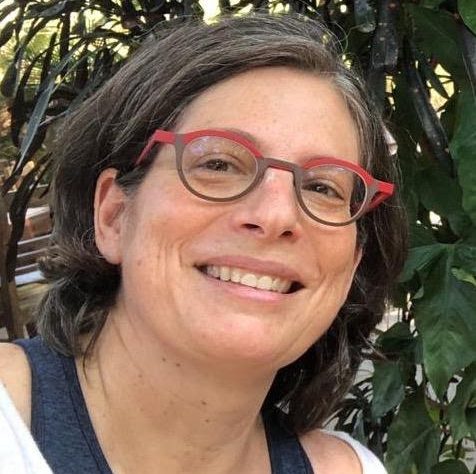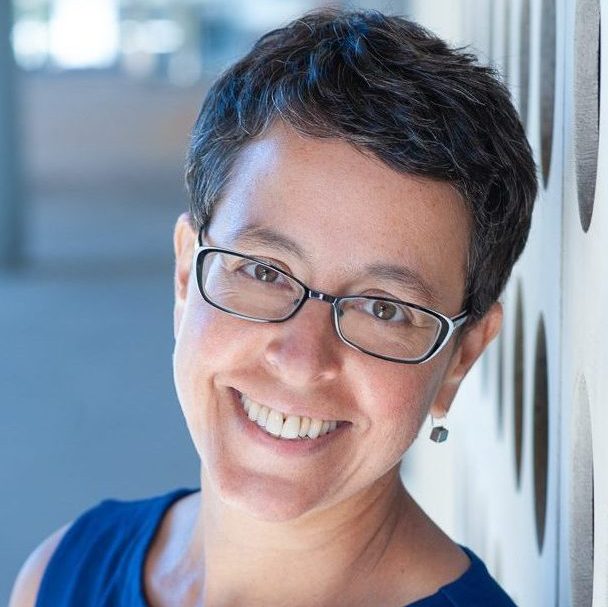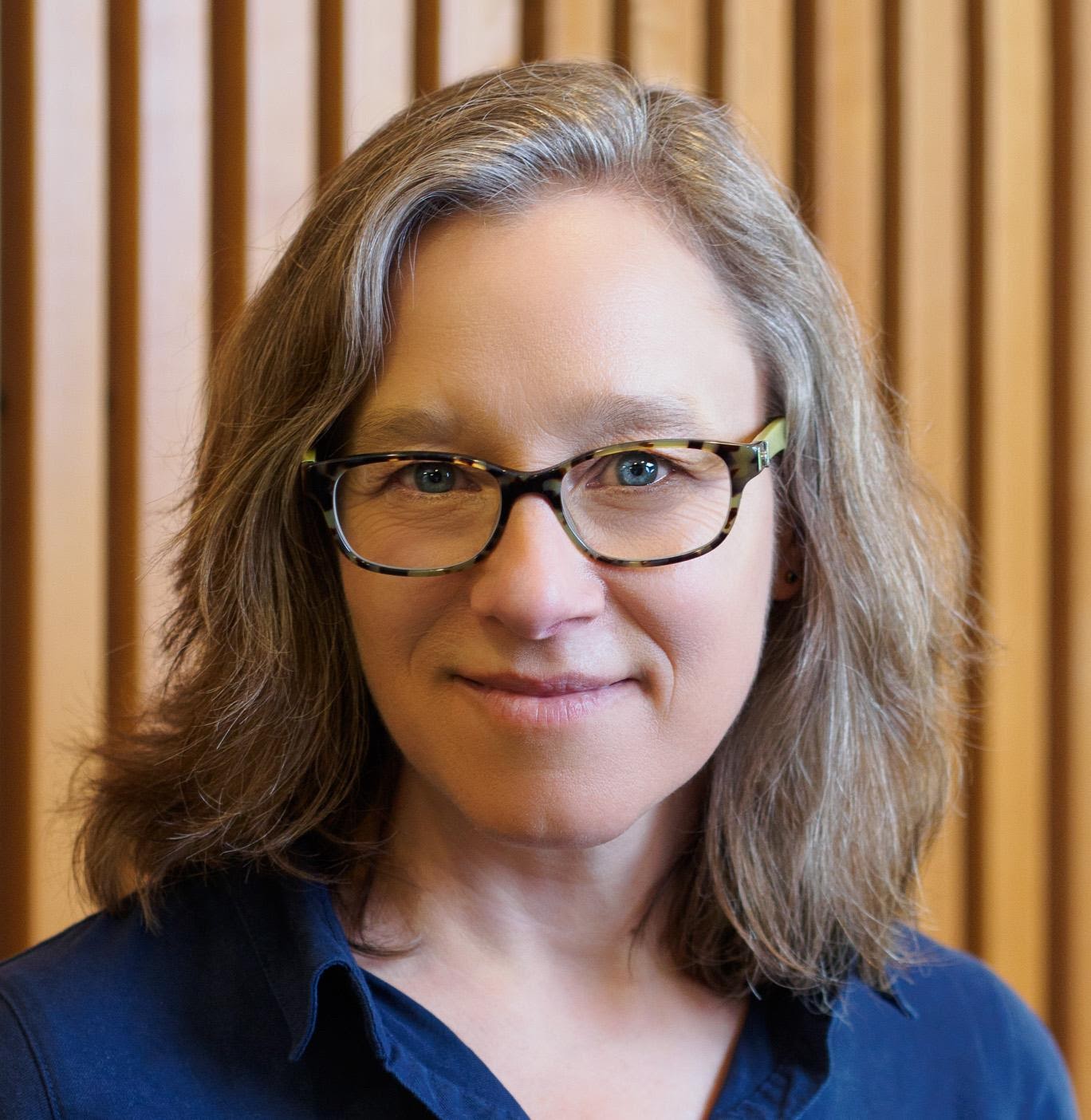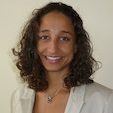The Berkeley Stem Cell Center includes principal investigators at UC Berkeley and UCSF Benioff Children’s Hospital Oakland Research Institute (CHORI).

Helen Bateup
Using brain organoid models, we are investigating neuronal and glial differentiation and function in the neurodevelopmental disorder Tuberous Sclerosis Complex.

Jennifer Doudna
Our lab is focused on studying CRISPR systems and applying them to diagnostics and genome editing in diverse cell types.

Daniela Kaufer
We study brain plasticity in the face of stress and neurological insults, with particular focus on adult neural stem cells and the neurovascular unit.

Julie Saba
Our lab is elucidating the role of sphingolipids in pluripotent stem cells, satellite cells and chemotherapy-resistant pathological cancer stem cells.

David Bilder
My lab studies the growth and development of epithelial tissues, using Drosophila as a model system.

John Flannery
Our lab seeks to understand the molecular mechanisms underlying diseases of the retina and develop novel therapies for their treatment.

Kyriakos Komvopoulos
Our lab investigates how deformation and scaffold design affect the adhesion, proliferation, migration, and/or differentiation of iPSCs into a specific cell lineage.

David Schaffer
We employ molecular and cellular engineering to overcome challenges preventing implementation of stem cell and gene therapy as therapeutic modalities.

Rachel Brem
My lab pioneers new methods for interspecies genetics, in simple invertebrates and in mammalian stem cell models.

Daniel Fletcher
My laboratory studies the molecular basis of cell movements, in particular, how the cytoskeleton generates, transmits, and responds to forces.

Sanjay Kumar
We seek to understand and control biophysical communication between cells and their surroundings, including but not limited to signals that involve mechanical force.

Randy Schekman
We are investigating how cells secrete extracellular vesicles containing specific proteins and small RNAs, and the abnormal processing of amyloid precursor protein observed in Alzheimer's.

Jamie Cate
Our lab explores how genes are put into action by translation and devises new sequence-defined polymers using engineered ribosomes.

Petros Giannikopoulos
My team works on accelerating the advancement of CRISPR-based therapies to the clinic for patients with rare genetic disorders and cancer.

Frans Kuypers
Our lab studies blood cell lipid biology and hemoglobinopathies, focusing on the structure and interactions of membrane proteins and lipids.

Lydia Sohn
We are developing quantitative, label-free research and diagnostic cell screening techniques, and lab-on-a-chip systems to study stem cells in their specialized niche.

Christopher Chang
Our chemistry and chemical biology lab applies activity-based sensing (ABS) to enable diagnostic imaging, chemoproteomics, and drug discovery applications.

Xiaohua Gong
We investigate regenerative mechanisms of the lens and other ocular cells using cultured organoids, mouse genetic models and bioengineering tools.

Hanqin Li
We study genetic variants at scale in human stem cell models using high-throughput genome engineering and functional screening.

Andreas Stahl
We combine stem cell and bioengineering approaches to investigate adipocyte biology and create iPSC-based microphysiological systems toward novel treatments for diabetes.

Danica Chen
We study age-related dysregulation of mitochondrial stress resistance and explore therapeutic targets to improve survival and regenerative capacity of aged stem cells.

Iswar Hariharan
We use a genetic approach to understand the regulation of regenerative growth, and how it differs from growth during embryogenesis.

Megan Martik
Our lab studies gene regulatory network control of neural crest stem cells during development and adult tissue regeneration.

Hei Sook Sul
We study mesenchymal stem cell differentiation into energy-storing white adipocytes or energy-dissipating brown adipocytes, affecting adiposity and glucose/insulin homeostasis.

Kathleen Collins
We study eukaryotic retroelements, non-LTR retroelement reverse transcriptases, and use of engineered reverse transcriptases for RNA sequencing and gene therapy technologies.

Richard Harland
Our laboratory studies the role of BMP signaling in gastrointestinal stem cell development.

Mohammad Mofrad
Our lab develops molecular and multiscale mechanobiological models, including integrin-mediated focal adhesions, LINC proteins and the nuclear pore complex.

Ian Swinburne
Our lab studies the development and regulation of ear and eye physiologies and how diseases disrupting these mechanisms can cause deafness or blindness

Irina Conboy
Our lab investigates how canonical signal transduction networks affect common age-related alterations in aged stem cells.

Lin He
We use ES cell culture and mouse genetic studies to investigate the roles of miRNAs in maintaining pluripotency and promoting differentiation.

David Nguyen
We are studying applications of genome editing in the immune system as applied to understanding and correcting mutations causing primary immunodeficiency (PID) diseases.

Robert Tjian
Research in our lab is directed towards understanding the gene regulatory factors and mechanisms that govern embryonic stem cell pluripotency and differentiation.

Steven Conolly
Our lab specializes in medical imaging and biosensing hardware, with an emphasis on Magnetic Particle Imaging and Magnetic Resonance Imaging.

Kevin Healy
My lab engineers dynamic systems at the interface between stem cells and materials science for fundamental biology and translational medicine applications.

James Nuñez
We develop CRISPR technologies for editing the epigenome for use in iPSC-derived cell and tissue engineering.

Fyodor Urnov
At the Center for Translational Genomics at the Innovative Genomics Institute, I am bringing together teams to develop and advance CRISPR-Cas-based therapeutics.

Xavier Darzacq
We dissect how the assembly and 3D nuclear organization of the pre-initiation complex and chromatin influence gene expression during differentiation.

Amy Herr
We create tools to push the frontier of single-cell biology and clinical diagnostics through improved bioanalytical methods, sample preparation and biomarker validation.

Grace O'Connell
Our lab studies soft tissue biomechanics and tissue regeneration of the intervertebral disc to understand and develop physiologically relevant repair strategies.

Mark Walters
The goal of our research is to develop and expand cures for hereditary hemoglobin disorders, most recently focusing on genome editing to modify autologous hematopoietic cells in persons with sickle cell disease.

Derfogail Delcassian
We design 3D printed biomaterials and mRNA gene delivery tools to control immune cells in inflammatory diseases.

Laura Hertel
We study human cytomegalovirus transmission from host to host and spread within infected hosts to design new vaccines and antivirals.

Michael Rape
Our lab is identifying ubiquitin ligases and deubiquitinating enzymes that regulate proliferation and differentiation in somatic cells and in stem cells.

Matthew Welch
We focus on understanding how pathogens target their host cells during infection, mechanisms of infectious disease and cellular defenses.

Andrew Dillin
We investigate the mechanisms by which human embryonic stem cells protect their proteomes from detrimental fluctuations in the cellular environment.

Dirk Hockemeyer
The focus of our work is to model human diseases using genetically engineered human stem cells and mouse models.

David Raulet
We study how developing immune cells assemble and express receptor genes and how selection processes encourage useful lymphocytes and delete or inactivate dangerous ones.

Christine Wildsoet
We study refractive error development and myopia (short-sightedness), including use of limbal stem cells toward rehabilitating and/or reinforcing the myopic sclera.

David Drubin
We use genome-edited iPS cells to test how differentiation and normal cell-cell contacts affect basic biological processes.

Patrick Hsu
Our lab aims to understand and manipulate the genetic circuits that control brain and immune cell function to improve health.

Donald Rio
We are studying the DNA binding THAP9 protein, which is highly expressed in hESCs and possesses DNA recombination activity in human cells.

Ross Wilson
We develop new delivery technologies to facilitate genome editing of clinically-relevant cells, with a focus on hematopoietic stem cells.

Michel DuPage
We intersect cancer biology, immunology, epigenetics, and stem cell biology to understand and target T cell programming within the tumor microenvironment.